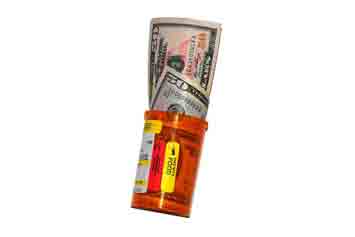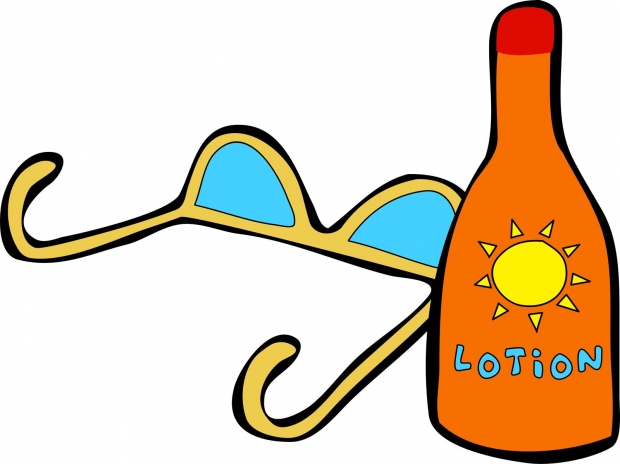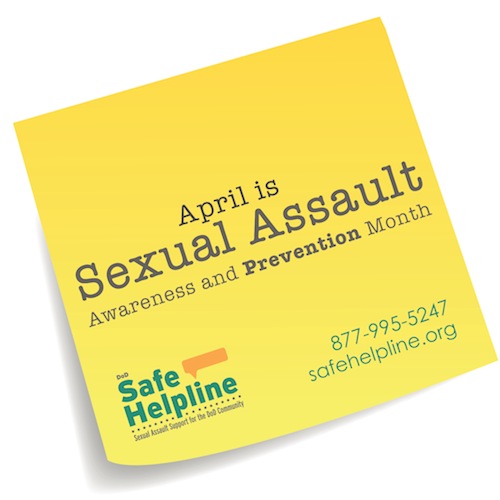Last Updated on October 21, 2024
Today is World Day of Social Justice, when we promote efforts to tackle issues such as poverty, exclusion, and unemployment.
Social justice is the concept that all individuals deserve equal rights and opportunities — including the right to health. Even in 2019, inequities remain in healthcare that are avoidable, unnecessary, and unjust. These inequities are the result of established policies and practices that maintain an unequal concentration of money, power, resources, and perceived value within society among communities based on gender, age, race, ethnicity, religion, culture, country of origin, or disability.
Racism, homophobia/transphobia, and misogyny are all insidious forms of bigotry that have long-reaching effects into healthcare. Over 30% of medical expenses faced by communities of color can be associated with health inequities, and are more likely to be affected by conditions such as diabetes, heart disease, and cancer. Lesbian, gay, bisexual, and transgender/gender non-conforming individuals often report avoiding seeking out medical care or refrain from “coming out” to their healthcare provider. Women can face difficulty accessing health care depending on where in the country they are, being believed or taken seriously by healthcare professionals, can have their bodily autonomy questioned when seeking certain services, and report forgoing healthcare services more than men.
Studies have shown that healthcare professionals may harbor unconscious prejudice towards certain groups, leading to poorer communication and lower quality of care. Discrimination and implicit bias against individuals has been associated with higher rates of psychiatric disorders, substance abuse, and suicide. Experiences of violence and victimization are frequent for people of color, LGBT people, and women and can have long-lasting effects on individuals and their community. Negative experiences with healthcare providers can also discourage those in need from seeking help in the future.
For many, being excluded from access to affordable healthcare can be a barrier in itself to getting a job and escaping poverty. Homeless individuals face significant barriers when trying to access healthcare, and are at high risk for pneumonia, infections, symptoms from exposure, mental illness, and substance abuse. Lack of affordable healthcare on its own can contribute to homelessness. For families and individuals who struggle to pay rent, a serious illness or disability can lead to a downward spiral into homelessness; one could lose their job due to inability to work, deplete their savings to pay for healthcare, and eventually be evicted from their homes with reduced or no income.
Immigrants face particular health concerns, yet access healthcare services less than individuals born in the United States. This could partly stem from the changing policy that could allow immigrants that access public benefits to be deported. Undocumented immigrant children who have been separated from their parents/families under the Trump administration’s “zero tolerance” policy face an increased risk of profound physical and emotional health problems. Thousands of children have been ripped away from their parents with little to no method or plan to ever reunite many of the families.
NeedyMeds’ mission is educate and empower patients in need, with a vision of affordable healthcare for all. Our mission is tied inextricably to social justice and the endeavor of abolishing inequalities.
NeedyMeds has almost 100 disease-specific resource sites for many conditions — Diagnosis Information Pages — including those that disproportionately affect people of color. Our website has a database of over 17,000 free, low cost, or sliding scale clinics, more than 6000 of which offer women’s health services including almost 500 Planned Parenthood locations. Search your ZIP code for clinics in your area, and find Women’s Health in Services under the Details heading to find free or low-cost medical attention. There are also nearly 6000 free/low-cost clinics listed that offer mental health services. NeedyMeds has a growing list of programs in our Diagnosis-Based Assistance database for transgender/gender non-conforming people that offer various forms of assistance such as financial aid or legal services to LGBT individuals who experience barriers in accessing healthcare. The free NeedyMeds Drug Discount Card can be used by anyone to help save money on their prescribed medication — even over-the-counter medicine — regardless of immigration status. The card is available physically via mail, in a printable form, or the as a smartphone app for Apple and Android devices. For more help finding information, call our toll-free helpline Monday-Friday 9am-5pm Eastern Time at 1-800-503-6897.






1 Comment